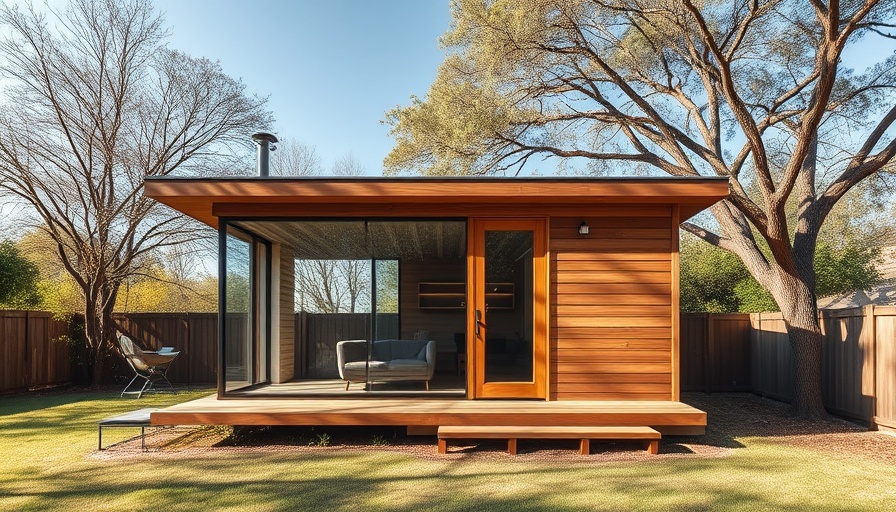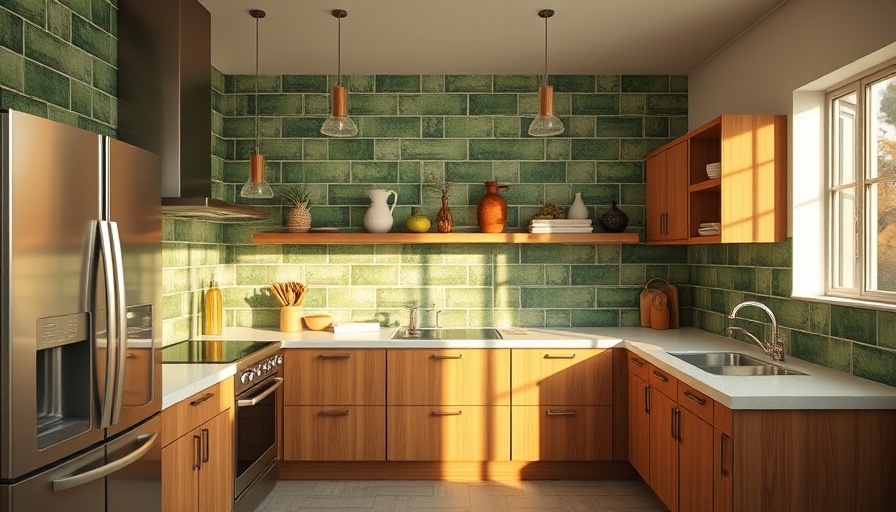
Exploring Tiny Houses: Answers to Your Burning Questions
Tiny houses have surged in popularity, particularly among urban dwellers in places like Metro Vancouver, where space can be a rare commodity. As more residents seek practical solutions for housing and sustainable living, interest in tiny homes continues to grow. However, many questions arise for those considering this lifestyle change.
What is a Tiny House Exactly?
A tiny house is typically defined as a dwelling that is between 100 and 400 square feet. Unlike traditional homes, these compact structures promote minimalism and sustainable living, allowing residents to downsize possessions while maximizing their living experience.
How Do You Find Space for a Tiny House?
In urban areas like Metro Vancouver, limited space can be a significant challenge for potential tiny homeowners. Many opt to place tiny homes in backyards, taking advantage of existing residential properties. Additionally, zoning regulations can vary widely, so it’s essential to research local laws before you decide to park one in your yard.
What Do Tiny Houses Cost?
Costs can fluctuate significantly based on materials, location, and whether you choose to DIY or hire professionals. On average, constructing a tiny home can range from $30,000 to $150,000. Homeowners should consider their budget not just for building but also for utilities and land accessibility.
Are Tiny Houses Safe?
Safety is a primary concern for many considering the tiny house lifestyle. Just like any other type of home, tiny houses must adhere to safety standards, including building codes and regulations. Furthermore, fire safety, insulation, and environmental factors all play critical roles in ensuring a safe living environment.
What About Resale Value?
A common misconception about tiny homes is their limited resale market. However, as the trend grows, so does the demand for these unique dwellings. By ensuring quality construction and sustainable materials, homeowners can maintain a strong resale value.
Can Tiny Homes Be Mobile?
Yes, one of the charming aspects of tiny homes is their mobility. Many are built on trailer bases, allowing owners to transport them as desired. This feature can enhance the living experience but may impose additional regulations concerning road safety and local building codes.
What Sustainability Benefits Do Tiny Homes Offer?
Tiny homes often emphasize eco-friendly practices, from using sustainable materials to implementing energy-efficient designs. This lifestyle reduces one's carbon footprint and fosters a deeper connection to the environment. In a time where sustainability is becoming increasingly crucial, tiny homes fit well into this narrative.
Final Thoughts: Is Tiny Living Right for You?
Ultimately, tiny homes can provide innovative solutions for those facing housing shortages in urban environments. They offer an opportunity to streamline living, promote sustainability, and utilize small spaces efficiently. For Metro Vancouver residents looking for backyard ideas or affordable alternatives to traditional housing, tiny houses can be an exciting consideration. Reach out to local experts to explore more about how you can make the most of your limited space with a tiny home.
 Add Row
Add Row  Add
Add 




Write A Comment